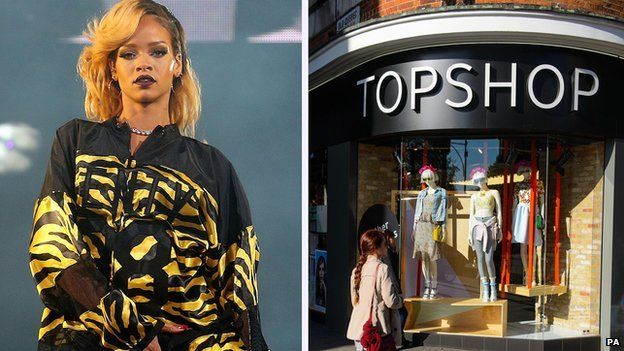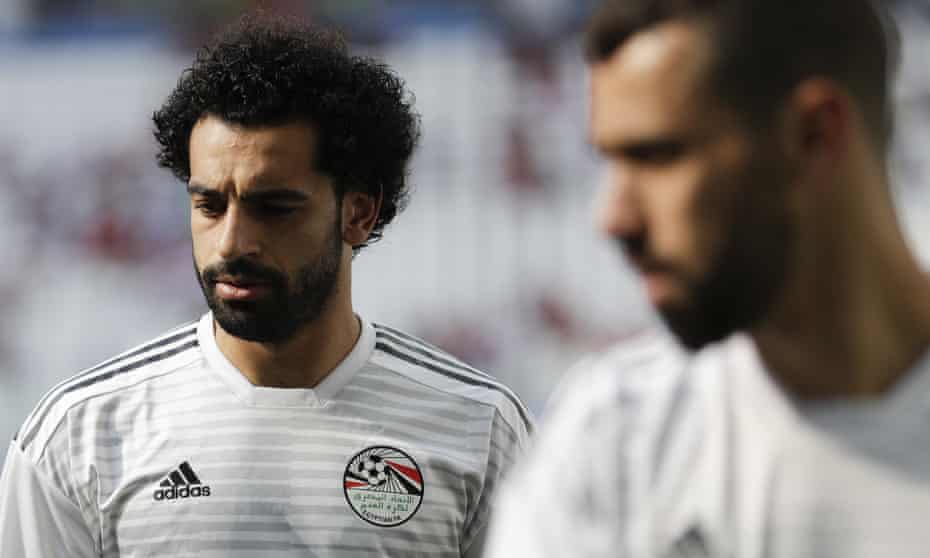Infringements of image rights have become rife in the entertainment and sports industries. However, the absence of a statutory framework in seeking a redress has not deterred their owners from bringing actions in court.
Players/image rights companies have often resorted to activating the provisions in the trademark and copyright law as well as the common law doctrine of passing off. Some of the notable cases in this area is the widely reported case of Robyn (Rihanna) Fenty v Arcadia Group.
As regards copyright, Nigeria copyright law automatically confers a property right on the author of original works which can include literary, dramatic, musical or artistic works. There is, however, no copyright in a player’s face or his name because they are not original works.
The copyright in a photograph of Cristiano Ronaldo will belong to the photographer (save there is an assignment). Likewise, the copyright in an audio recording of a media interview will belong to the interviewer. As a result, the law of copyright is of limited use to professional athletes.
Read related articles in this series
- What are the different options available for image rights?
- The right to use images of athletes for commercial purposes – gold mine or undermined?
- The right to use images of athletes for commercial purposes: The Nigerian Professional Football League
A trademark is a registrable intellectual property right which comprises any sign capable of being reproduced graphically and capable of distinguishing goods and services of one undertaking from those of another undertaking.
Sporting personalities can apply to register trademarks comprising their name, slogans, logo (amongst others) but such signs will only qualify for registration in Nigeria if they are sufficiently distinctive and unique.
Intellectual property lawyers representing aggrieved athletes have devised an ingenious way of surmounting the procedural hurdles associated with seeking an appropriate redress for their clients. They have resorted to the common law remedy of passing off.
As some of the notable cases on the point would show, a greater percentage of the successful lawsuits on breaches of image rights succeeded where the players’ legal representatives relied on the common law remedy of passing off. One of the two notable cases in this area is the case of Rihanna (Fenty Group) and Arcadia Group. The second case is the widely reported case of Mohammed Salah v Egypt Football Federation.
Even though the parties in this case somehow managed not to institute any litigation on this case, valuable lessons were learnt by not only the parties to the dispute but other football federations on the extent of their powers with respect to exploiting the image rights of a player. It is pertinent at this point to make comments on both cases.
Remedies available for breach of image rights(ii)
Robyn (Rihanna) Fenty v Arcadia Group
In this case, popular style and fashion icon, Rihanna sued Topshop, a member of the Arcadia Group for selling a T-shirt bearing her image. The image had been photographed by an independent photographer and Topshop had obtained a license to use the image from the photographer but not from Rihanna herself.

Rihanna argued that the sale of the T-shirt bearing her image infringed her rights on the grounds of passing off, on the basis that the general public would assume that she had licensed the use of her image to Topshop.
Topshop on the other hand, argued that customers would always buy the shirt because they liked the product and the image for their own individual qualities and that there was nothing on the T-shirt which represented it as an item of Rihanna’s official merchandise.
In arriving at its decision, the judge found for the plaintiff and held that Topshop’s conduct amounted to a misrepresentation to the general public that Rihanna had in fact endorsed the sale of the T-shirt. As a result, it was found that a large number of purchasers were likely to have been deceived by Topshop into purchasing the T-shirt.
Also read
- The right to use images of athletes for commercial purposes – gold mine or undermined?
- Non-compete/restrictive football contract clauses
- Daymond John, Founder, FUBU and CEO, The Shark Group gets listed on Africa Speakers Group.
Mohammed Salah v Egyptian Football Federation
The dispute between Egypt and Liverpool striker, Mohamed Salah centered on the unauthorized use of the former’s image. This dispute, after a long simmering cold war was only made public in April 2018 following a social media spat between the player’s representatives and the Football Association’s representatives.
In late 2017, Mr Abou-Rida, acting in his capacity as Egypt Football Federation chairman, allegedly made a phone call to Mr Salah and “encouraged him to give preference to the sponsors of the Egyptian Football Association” in relation to the licensing of Salah’s worldwide image rights, which are controlled by the player’s image rights company, MSCC.

Photograph: Andrew Medichini/AP. Photo source : The Guardian
In the days following, Mr Abbas received an unsolicited letter from a company called “Presentation”, which held itself out to “be the main and only sponsor of the Egyptian Football Association.” Presentation signed a deal with the EFA for the exclusive sponsorship and commercial rights surrounding the national team. Presentation requested that Mr Abbas provide information relating to ongoing negotiations for the use of Mr Salah’s image rights as well as guidance on what the EFA would have to do in order to purchase the rights to a photo shoot featuring Mr Salah.
Mr Abbas queried Presentation as to why it would require this information but did not receive a response. Accordingly, Mr.Abbas requested that the EFA, Presentation and Egypt Air, and any and all other relevant commercial partners cease and desist using or authorizing the use of Mr. Salah’s image without express written consent from MSCC.
Mr Abou-Rida and the EFA maintained that they had the right to use Mr Salah’s image, but shortly thereafter, announced that the EFA would remove Mr Salah’s image from its promotional materials and cease the use of his image alongside the WE logo on the Egypt Air aeroplane. Somehow, the parties resolved their differences shortly before the world cup in Russia. Had the two parties failed to resolve this dispute, Mohammed Salah would have been able to bring an action for passing off.


